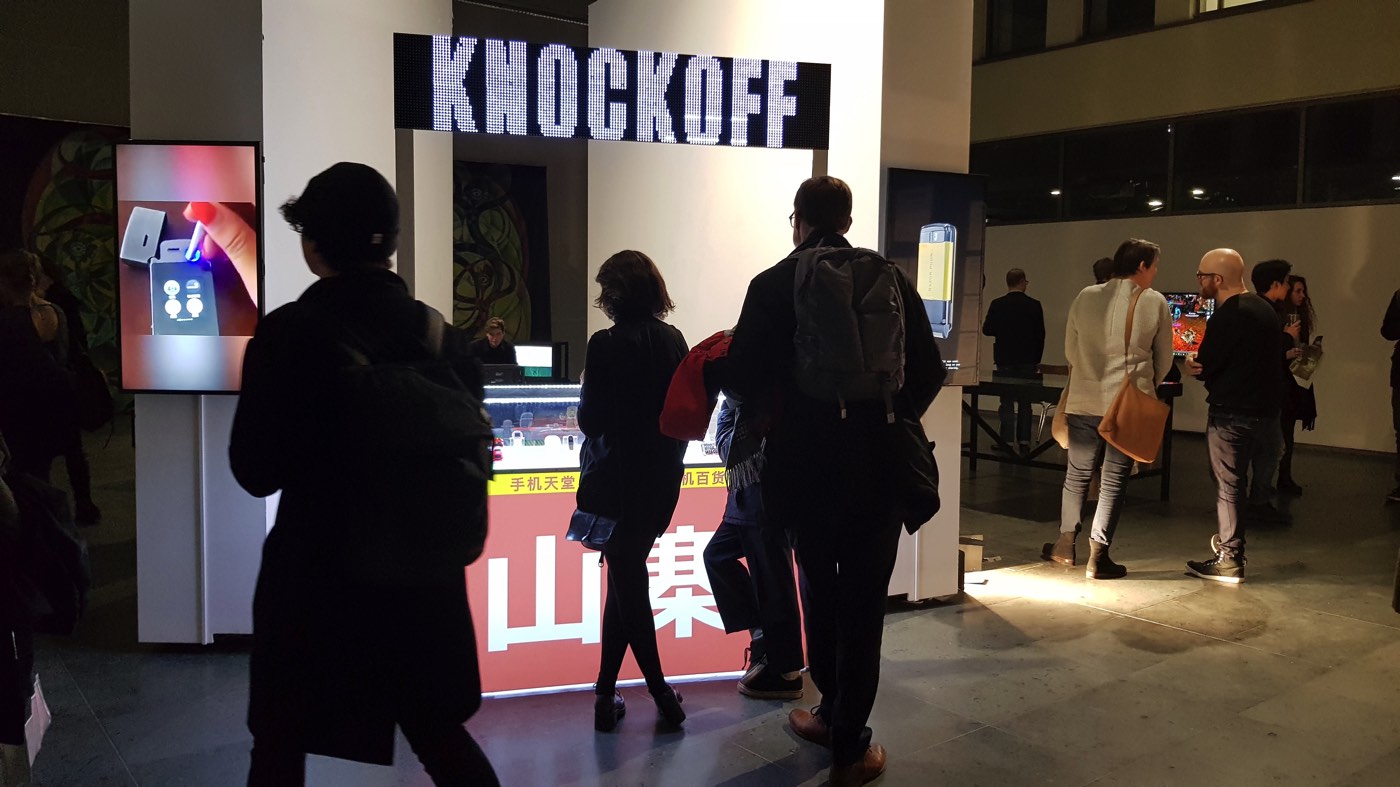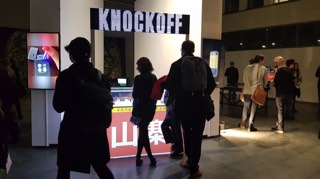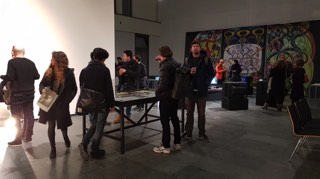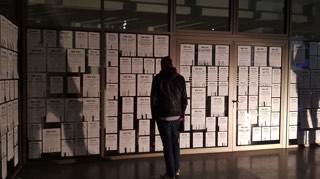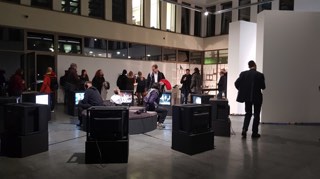Feedback #2:Marshall Mcluhan & The Arts
Berlin & Leipzig
27.12.2017 — 24.02.2018Berlin & Leipzig
Feedback #2:Marshall Mcluhan & The Arts
Berlin & Leipzig
27.12.2017 — 24.02.2018Berlin & Leipzig
Humboldt-Universität zu Berlin
Department of Media Theory
Installation of the Marshall McLuhan video archive, rare archival publications and ancillary video commentary & Stephanie Syjuco, DISNOVATION and Angela Waschko. In collaboration with transmediale and the Embassy of Canada, Berlin.
01.02.2018 — 23.02.2018
Exhibition open: Monday - Friday 12 AM — 5 PM and Saturday Feb. 3rd 12 AM — 5 PM
12.02.2018
15:00 - 18:30 Symposium "McLuhan vs. Kittler" Ecologies of Environments
19:00- 20:30 McLuminations performative video discussion series
Department of Media Theory
Installation of the Marshall McLuhan video archive, rare archival publications and ancillary video commentary & Stephanie Syjuco, DISNOVATION and Angela Waschko. In collaboration with transmediale and the Embassy of Canada, Berlin.
1.02.2018 6 PM
Opening of the exhibition: opening remarks by Wolfgang Ernst, Jan Claas van Treeck, and Baruch Gottlieb
01.02.2018 — 23.02.2018
12.02.2018
Exhibition
Marshall McLuhan (CA, 1911 – 1980) had already noted in the 1960s that the speed and pervasiveness of electronic communication was superseding the rational and reflective abilities of literacy. The technologies that brought us here are built through rational disinterested scientific method, but generate an immersive environment where we lose grasp of private identity and long for a pre-literate togetherness in a ‘Global Village’. His ‘Global Village’ came to exemplify the uncritical Summer of Love communality of the Hippies, but it was a misappropriation and misunderstanding of McLuhan’s meaning. For McLuhan the ‘Global Village’ was a place of violent terror, where there was constant surveillance and where privacy was ‘merely ignored’, as he frankly describes in a famous interview with Canadian talk show host Mike McManus. McLuhan rose to prominence as perhaps the most famous cultural critic of his age with an analysis that directly engaged with the transformations emerging with the introduction of electronic technologies. His involvement was gestural, reason alone would not suffice to grapple with the contemporary conditions, there was a techno-cultural revolution afoot, which was completely disrupting how human beings had perceived the world for hundreds of years.
Disnovation (PL/FR, 1970s) is a collective that produces strange compendia, artistic intelligence robots and contemporary media archaeology that expose the dark sides of the techno-utopia narrative: useless products, persistent surveillance and control, and perverse electronics.
Stephanie Syjuco (PH, 1974) creates spectacles of collected cultural objects, cumulative archives, and temporary vending installations, often with an active public component that invites viewers to directly participate as producers or distributors. Her projects leverage open-source systems, shareware logic, and flows of capital, in order to investigate issues of economies and empire. For Feedback, Syjuco proposes a liberation of vital knowledge, appropriating the art institution and transforming it into an emancipatory space of unhindered access to information.
Angela Washko (US, 1986) is an artist who works to mobilize communities and creates new forums for discussions of feminism where they do not exist. Washko has been creating performances inside the online video game World of Warcraft in which she initiates discussions about feminism within the game play. Washko boldly intervenes into the predominantly male world of online gaming with playful interventions and invitations to break out of the strict social rules that have come to be normality there.
location
Georgenstraße 47
10117 Berlin
www.hu-berlin.de

 previous
previous next
next 